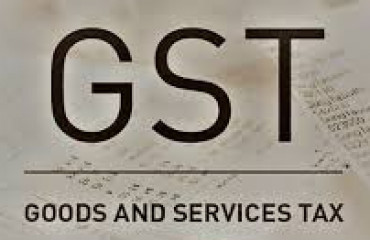
The 49th meeting of the federal indirect tax body, the Goods and Services Tax (GST) Council, is now underway to decide on key tax matters. Mint takes a look at what to expect from the meeting.
- The 49th meeting of federal indirect tax body, the Goods and Services Tax (GST) Council is now underway to decide on key tax matters
The 49th meeting of the federal indirect tax body, the Goods and Services Tax (GST) Council, is now underway to decide on key tax matters. Mint takes a look at what to expect from the meeting.
GST appellate tribunal
The Council is expected to consider proposals made by a group of ministers regarding the setting up of GST appellate tribunals across the country. These tribunals are expected to offer a platform for businesses to find a resolution for their disputes, including those related to tax refunds, without having to go to High Courts. As per the idea being discussed, these tribunals will have one judicial member and one technical member either from the centre or the states.
Tribunals are the final fact-finding authorities and therefore a lot of disputes get resolved at the tribunal level.
Uniform audit manual
The Council is expected to approve a uniform audit manual for central and state indirect tax administrations, which will act as a set of guiding principles for officers. This is expected to bring uniformity in audits and more certainty to businesses in handling multiple audits across central and state jurisdictions. Businesses having operations across states have to take GST registrations in each of the states. Having a uniform audit procedure is expected to help the industry in meeting the expectations of the departmental auditor.
Greater disclosures for pan masala industry
The Council is also looking into proposals made by a ministerial panel that examined the tax regime of industries like pan masala and gutka suspected to be tax evasion-prone sectors. The proposals include greater disclosures for these industries that will step up the regulatory oversight of these industries. However, capacity-based taxation is unlikely to be considered for these sectors, which has not been favoured by the ministerial committee led by Odisha minister Niranjan Pujari.
The Council is also expected to consider corrections in tax rates of certain industries like millet-based products.
